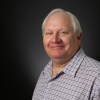UNLV to begin camp for children whose parents have cancer
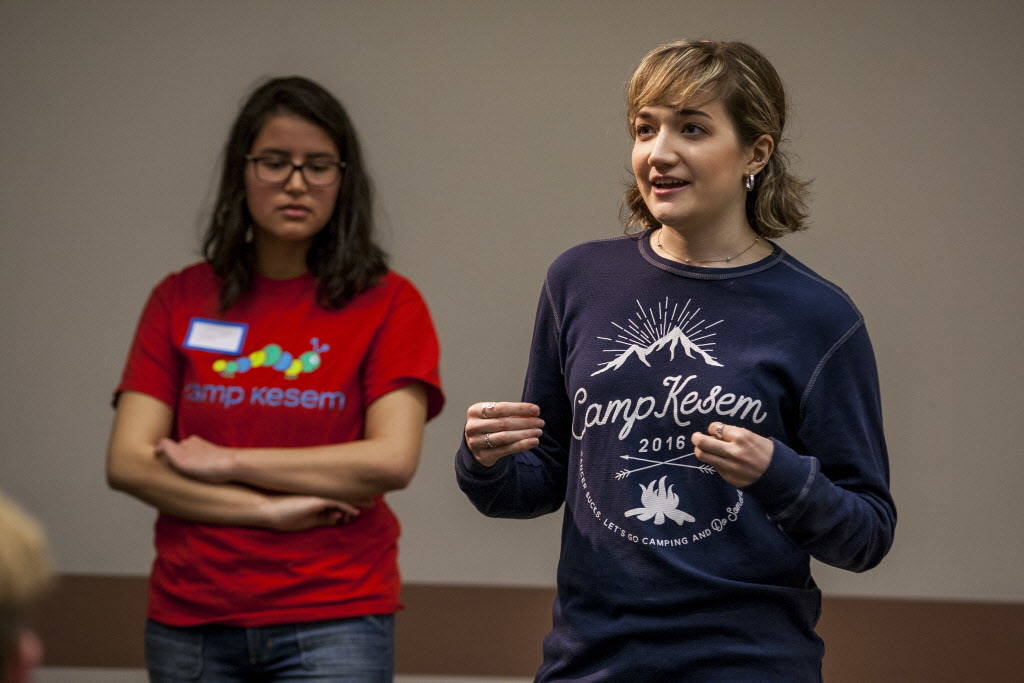
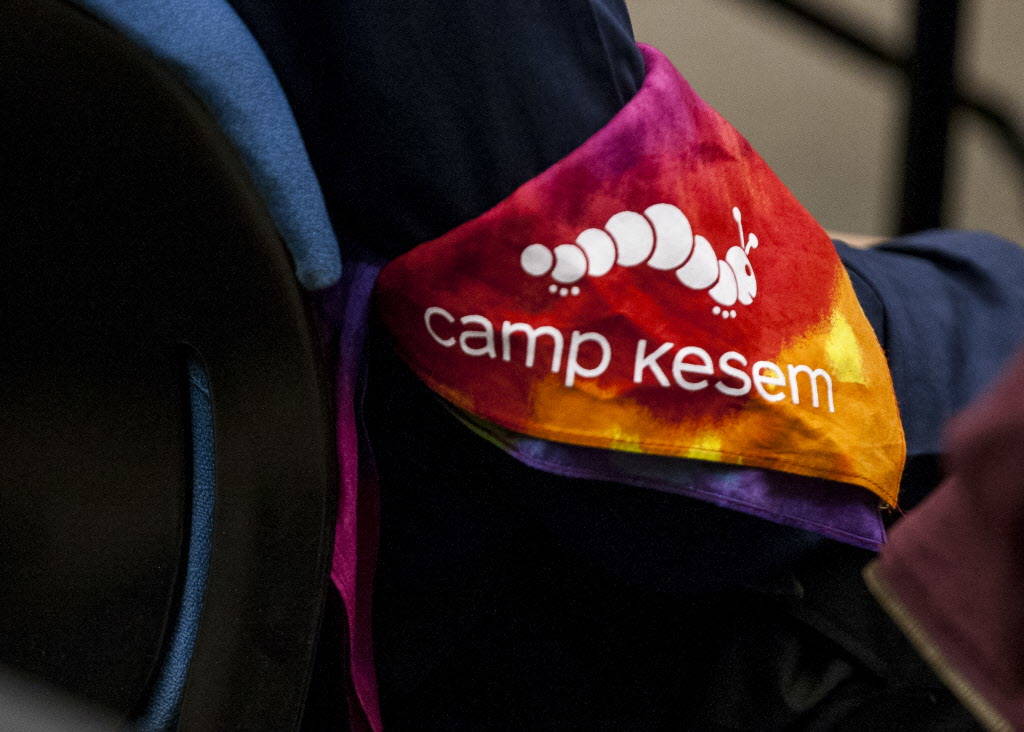

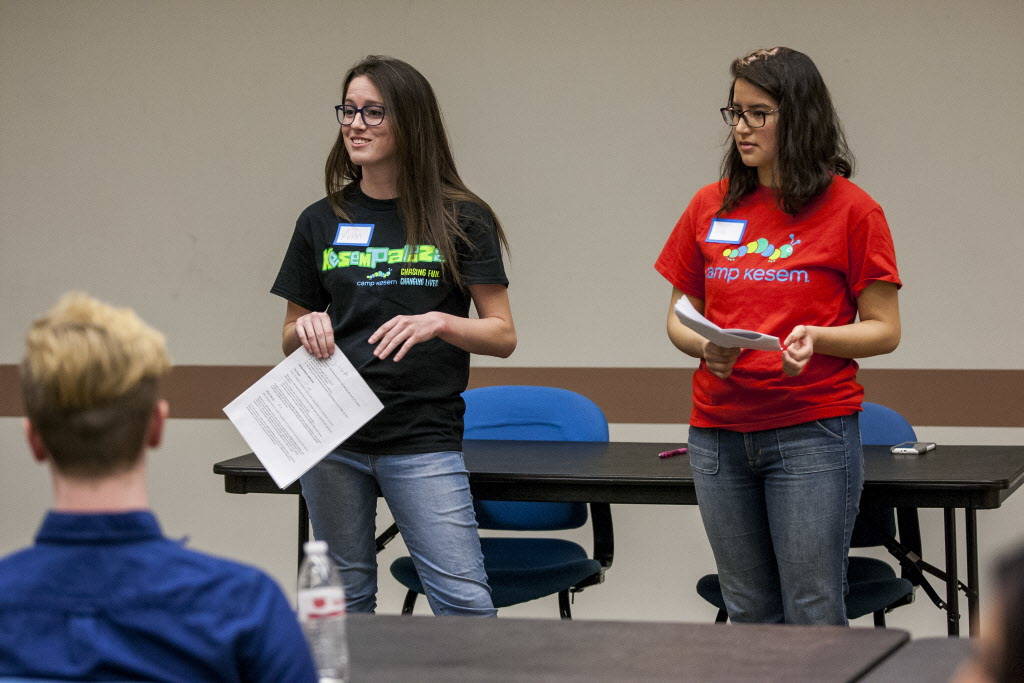

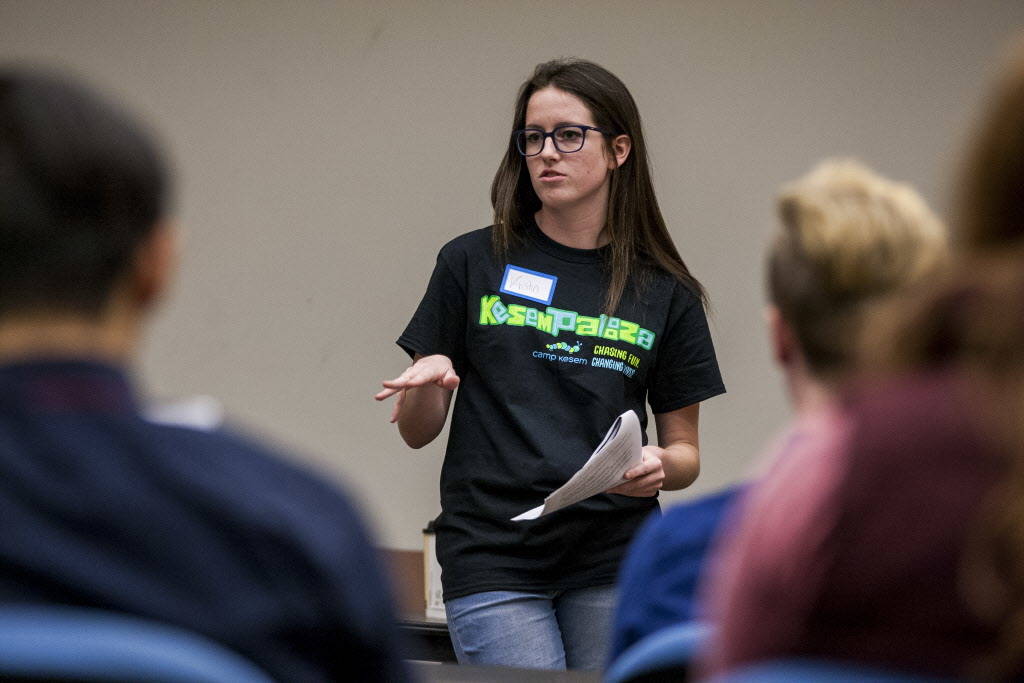
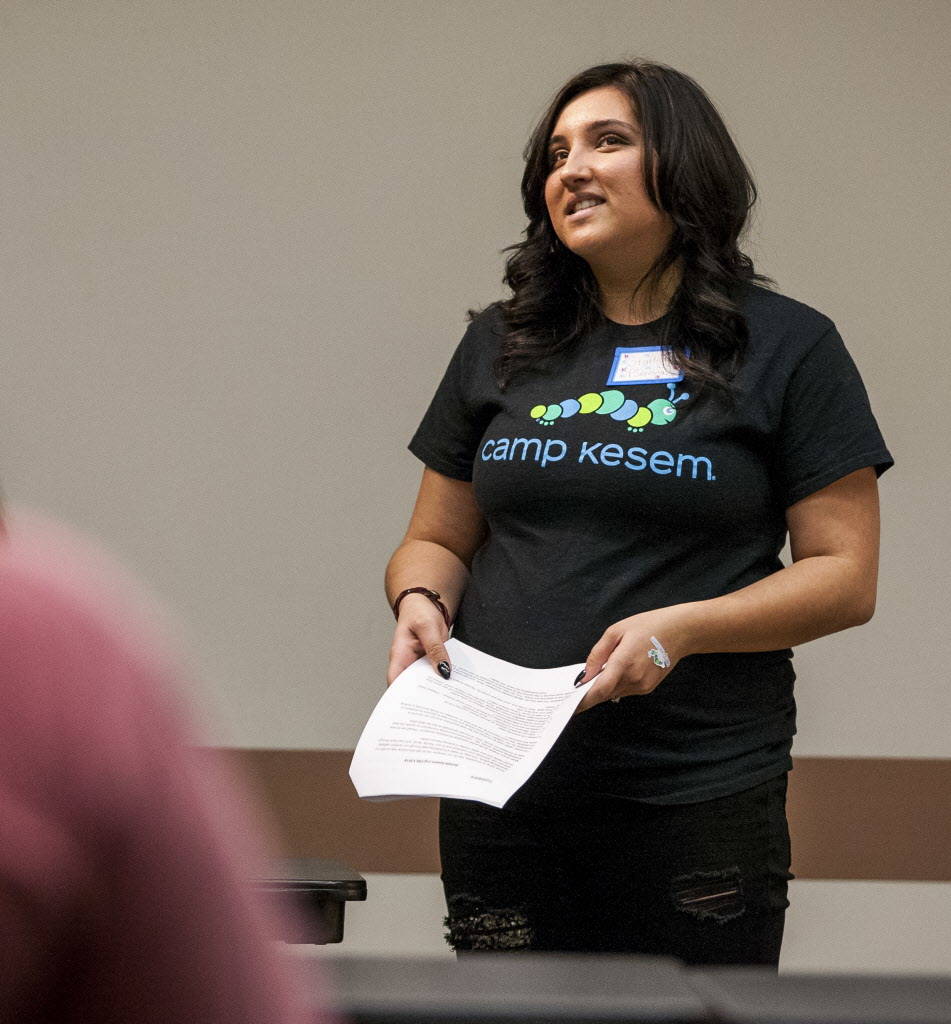
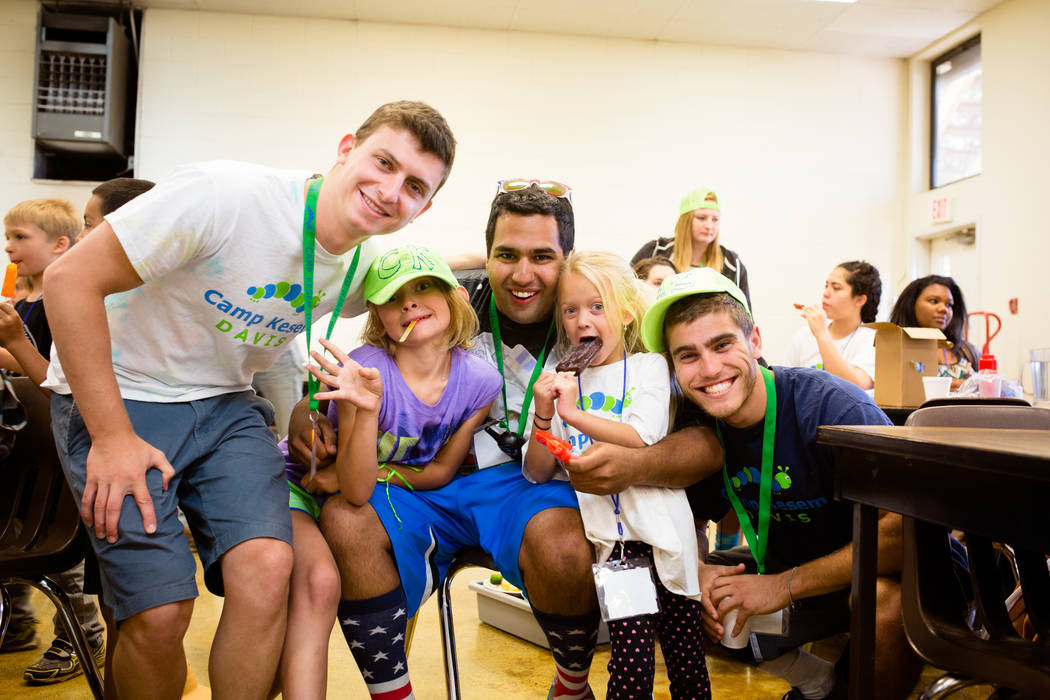
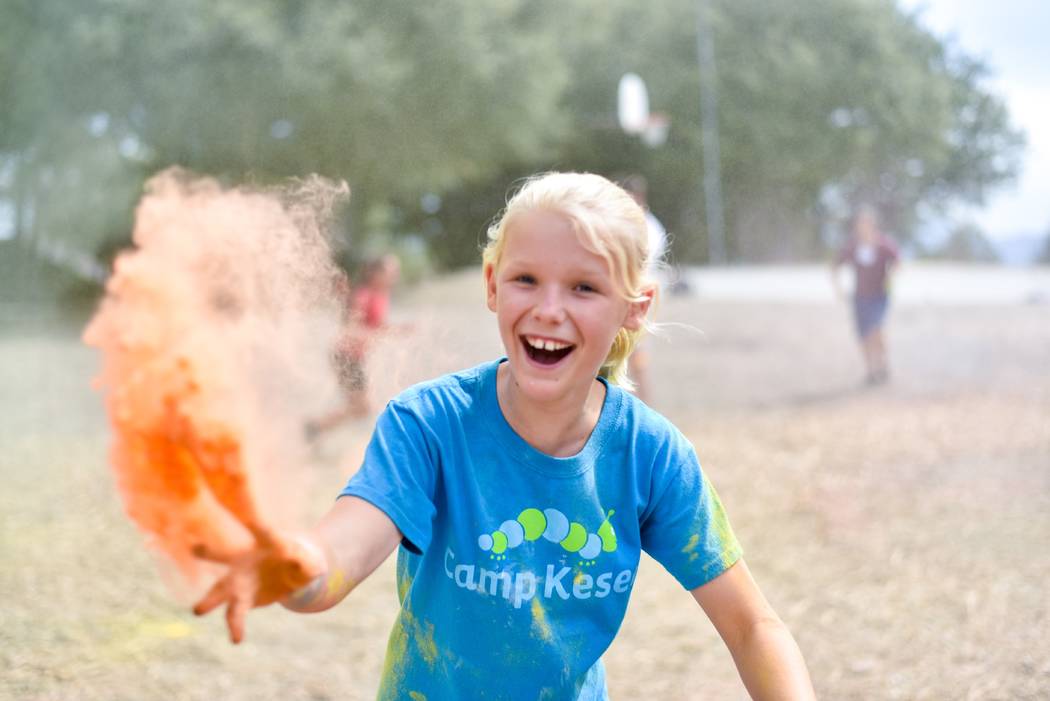
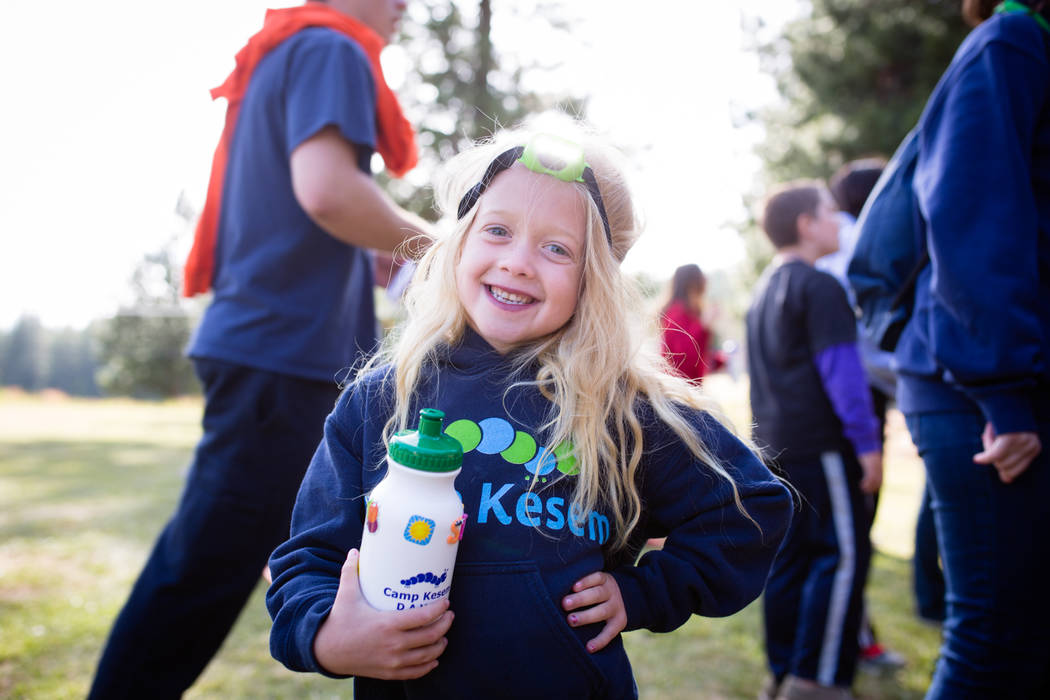
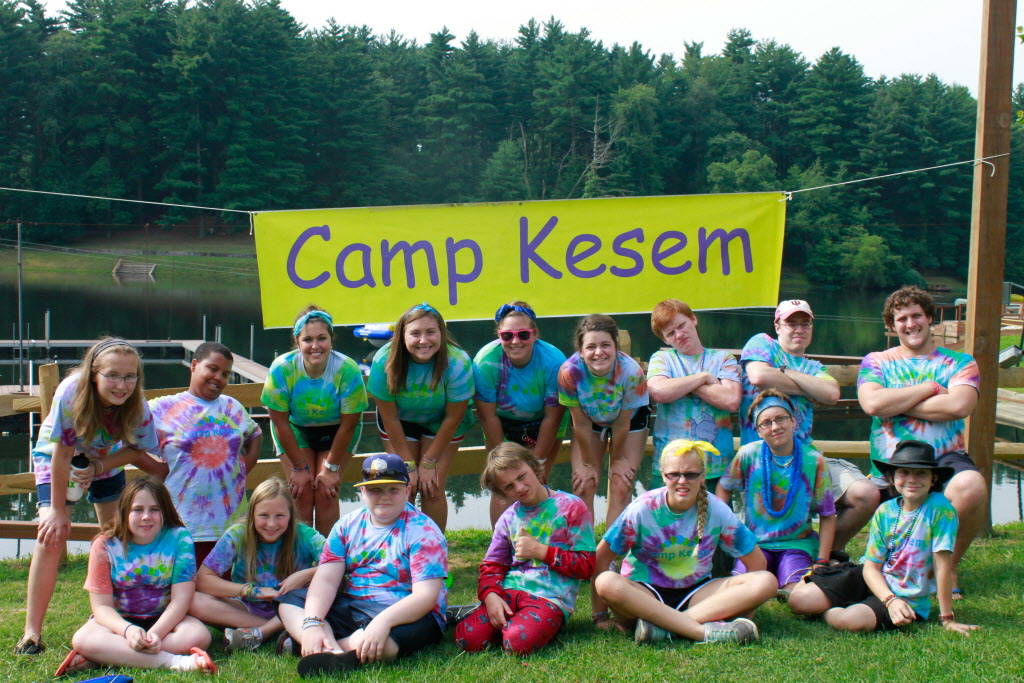
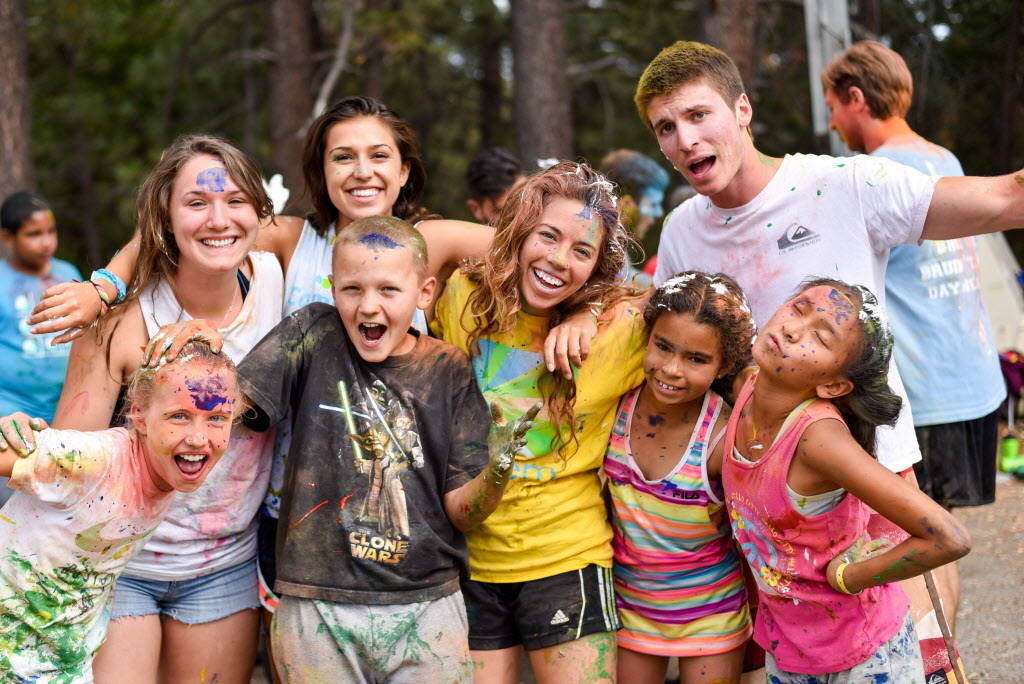
Jaclyn Rivera remembers her mother being treated for breast cancer when Jaclyn was just 15. She also remembers how dramatically her mother’s course of treatment altered not just the family’s life, but her own perspective.
It’s Rivera’s memories of that time that, in part, prompted her to become a student volunteer with Camp Kesem at UNLV. The nonprofit group, operated by UNLV students, in July will sponsor its first summer camp for children and teens ages 6 to 18 who have a parent who is being treated for cancer, who has been treated for cancer or who has died from cancer.
The goal, according to camp coordinators Rivera, a UNLV freshman, and Katherine Candelaria, a sophomore, is to give children a respite from the 24/7 emotional strains a parent’s cancer diagnosis, treatment or death can bring and to offer kids a peer support network and programs that will continue throughout the year.
Camp Kesem at UNLV’s camp is scheduled for July 8-13 at Emmanuel Pines Camp in Prescott, Arizona. The camp, located about a four hours’ drive from Las Vegas, is bordered by state forest land and includes amenites including hiking trails, a disc golf course and volleyball and horseshoe courts. Campers also will be able to enjoy an average July temperature of about 89 there, versus 106 here.
Camp Kesem at UNLV is seeking online applications for the free weeklong camp.
A ‘magic’ camp
“Kesem” is a Hebrew word for “magic,” according to the national organization. There currently more than 100 Camp Kesem chapters in 40 states and more than 7,200 children nationwide attended camp last year.
Camp Kesem at UNLV was established in 2017. It, like other chapters, is run by college students and alumni, and the UNLV chapter plans to host 30 campers at its inaugural camp.
Rivera says she was prompted to participate in part by her mother’s breast cancer battle and the memories she, herself, took from it.
“It was an experience where you come home and your mom, who you’re used to seeing doing dishes, getting ready for school, doing all this stuff for everyone else, can’t even get out of bed because the chemotherapy is making her sick to the point that she couldn’t stand up,” Rivera says. “It really is kind of a life-altering experience when you’re younger.”
“Luckily, she recovered. She’s in perfect health,” Rivera adds. “So I saw (Camp Kesem) was something I needed to do.”
T0 prepare for the UNLV chapter’s upcoming camp, Candelaria last year visited a camp in California.
“I saw this group of kids of different ages coming together and connecting so easily because they had similar experiences and similar feelings and could understand each other,” she says. “I felt like I was part of a family when I was there. They were just so welcoming. It really was an emotional experience for me.”
‘For kids to have fun’
In addition to enjoying the usual roster of outdoor activities, campers may talk to counselors and peers and share feelings informally and in empowerment sessions.
According to the national organization, a parent’s cancer can affect a child by creating a sense of isolation from peers, contributing to low academic performance and loss of social interest, and the child assuming adult roles.
Camp Kesem is “just for kids to have fun,” Candelaria says, although campers tend to return home with “heightened confidence and better communication skills because they’ve been around a very supportive community for a week.”
Contact John Przybys at jprzybys@reviewjournal.com or 702-383-0280. Follow @JJPrzybys on Twitter.
Getting the word out
Camp Kesem at UNLV seeks financial support, as well as volunteer staffing — a nurse and food service personnel, for example — for this summer’s inaugural camp.
“Definitely, we are doing fundraising, but we are in our first year so we still have to get the word out so more people know about us,” camp coordinator Jaclyn Rivera says. “Our financial goal is $30,000, and so far we have $5,000.”
Camp Kesem also is seeking UNLV students to help. Interested students can attend a meeting at 7 p.m. Wednesday in Room 213 of the Student Union on the UNLV campus.
For information: campkesem.org/unlv



